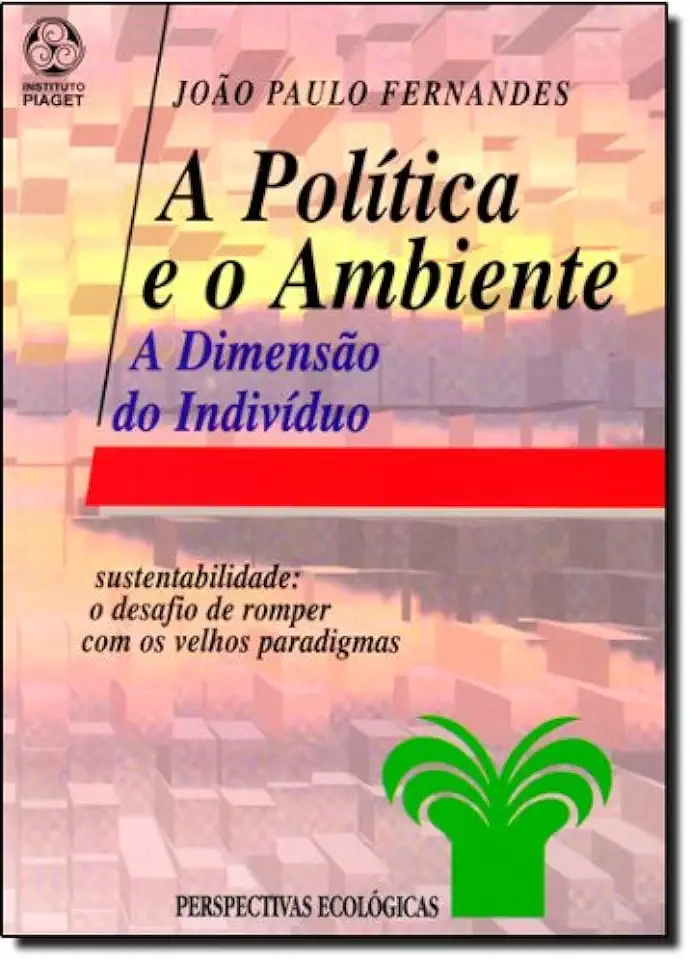
Politics and the Environment - João Paulo Fernandes
Politics and the Environment: A Comprehensive Guide to the Interplay Between Politics and Environmental Issues
Introduction: Understanding the Nexus of Politics and the Environment
In today's world, the relationship between politics and the environment has become increasingly complex and intertwined. From climate change to pollution, deforestation, and biodiversity loss, environmental issues have emerged as some of the most pressing challenges of our time. In his groundbreaking book, "Politics and the Environment," João Paulo Fernandes offers a comprehensive exploration of this critical nexus, providing readers with a deep understanding of the political dimensions of environmental issues and the ways in which they shape our societies.
Delving into the Political Landscape of Environmental Issues
Fernandes begins by examining the political landscape of environmental issues, highlighting the diverse range of actors involved in environmental decision-making. From governments and international organizations to businesses, non-governmental organizations (NGOs), and grassroots movements, he sheds light on the complex interactions and power dynamics that influence environmental policies and outcomes.
Understanding the Role of Political Institutions
The book delves into the role of political institutions in shaping environmental policies. Fernandes analyzes the different ways in which governments, legislatures, and regulatory bodies address environmental challenges, exploring the impact of political ideologies, electoral systems, and institutional structures on environmental outcomes.
The Influence of Political Ideology on Environmental Policy
Fernandes dedicates a significant portion of the book to examining the influence of political ideology on environmental policy. He explores how different political ideologies, such as liberalism, conservatism, socialism, and environmentalism, shape the way governments prioritize and address environmental issues.
The Role of International Cooperation in Addressing Environmental Challenges
Recognizing the global nature of many environmental issues, Fernandes emphasizes the importance of international cooperation in addressing these challenges. He discusses the role of international agreements, treaties, and organizations in facilitating collective action and promoting sustainable development.
Environmental Justice and the Politics of Inequality
The book also explores the critical issue of environmental justice, highlighting the disproportionate impacts of environmental degradation on marginalized communities. Fernandes examines the political factors that contribute to environmental inequality and discusses strategies for promoting more just and equitable environmental policies.
The Future of Environmental Politics: Challenges and Opportunities
In the final section of the book, Fernandes looks ahead to the future of environmental politics. He identifies the key challenges and opportunities that lie ahead, emphasizing the need for transformative change and the importance of citizen engagement in shaping a more sustainable and environmentally conscious society.
Conclusion: A Call to Action for a Sustainable Future
"Politics and the Environment" serves as a comprehensive and thought-provoking guide to the complex relationship between politics and environmental issues. Fernandes' insightful analysis and compelling arguments make this book a must-read for anyone interested in understanding the political dimensions of environmental challenges and the urgent need for collective action to build a more sustainable future for our planet.
Enjoyed the summary? Discover all the details and take your reading to the next level — [click here to view the book on Amazon!]